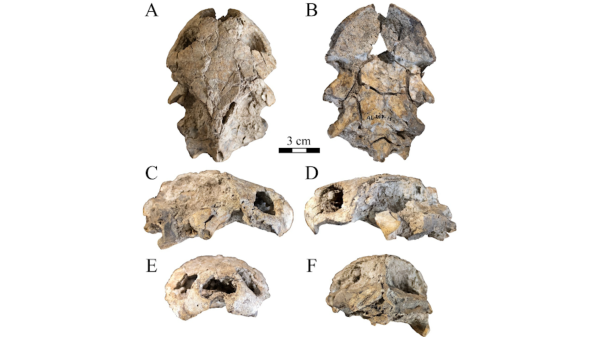A 'swift' approach to learning psychology

Taylor Swift performs at a concert. Photo by Alexandra Wormley
Editor’s note: This story is featured in the 2023 year in review.
Taylor Swift is an American singer-songwriter, savvy businesswoman and advocate for women's empowerment whose adoring fans have helped her sell more than 200 million records worldwide.
The musician is also central to a new Arizona State University course called Psychology of Taylor Swift — Advanced Topics of Social Psychology. The class is being offered in the fall semester.
In an academic version of “What Would Taylor Swift Do?” the class content will draw on themes from her songs, such as family, friends, fame and more.
Alexandra Wormley, who is teaching the class, believes this content will spark meaningful conversations and serve as a teaching tool for learning advanced psychology concepts.
“The course is basically using Taylor Swift as a semester-long example of different phenomena — gossip, relationships, revenge,” said Wormley, emphasizing that “the class is not a seminar on how much we like or dislike her — we want to be able to learn about psychology.”
ASU News spoke with Wormley, a PhD student in the Department of Psychology, about her new interactive class.
Question: Why did you decide to incorporate Swift into an advanced psychology class?
Answer: The story is actually funny. Right after Taylor Swift performed in Glendale (in March), a few of my research assistants were sitting in my lab and joked that they would love a course about her. I liked the idea and jokingly made a rough outline of what that sort of course might look like. I pitched it to my department and apparently they liked it!
Q: Are you a Swift fan?
A: I learned almost everything I know about Taylor Swift from my partner’s sister, who has been a Swiftie forever. She played a huge role in shaping the topics of the course. Her enthusiasm is pretty contagious — so in the span of two years, I went from indifferent to being one of her top listeners on Spotify last year.
There is so much to appreciate about Taylor Swift, even beyond her music.
Q: How would you describe the class?
A: We will be doing deep dives into very specific topics, so that students have some expertise in each of these areas by the end of each week. I find this method of learning much more engaging than survey courses that have to cover every topic within a semester.
Each week, I will connect a theme from a Swift album to a topic in social psychology.
Q: How will you incorporate topics such as revenge into the class?
A: Taylor’s sixth album, “Reputation,” is her comeback after disappearing from the spotlight due to conflicts with Kim Kardashian and Kanye West. She enacts her revenge on them — and the broader media landscape — by dropping an incredibly successful album along with a stadium tour.
The students know this — but do they know why we like revenge? Do they know how we enact revenge? Social psychology can tell us.
Q: Do students need to be Swift fans to get anything out of this class?
A: I actually hope someone who is not a fan takes the class. The class will be much more engaging if we can challenge ourselves to think from other perspectives, like that of a Taylor Swift hater. I have provided students with some websites and YouTube videos that provide background, but I do not presume any prior knowledge about Taylor Swift in my lectures.
Q: How will the Swift angle make learning psychology concepts easier and more engaging?
A: Research has shown time and time again that when students can relate their course material to their own lives, it increases comprehension and retention. As educators, we should be taking advantage of this little quirk in our brains to foster learning. If that takes a little extra work on my part to think through how to connect social psychology to Taylor Swift, then that is well worth it. It makes the learning — and the teaching — more fun.
Q: We’ve been talking about what the class is; can you explain what it is not?
A: This class will not be a three-hour fan club meeting. Every week, we will engage seriously with the course topics for the first half of the class and then apply what we have learned to the phenomenon that is Taylor Swift.
More Science and technology

When facts aren’t enough
In the age of viral headlines and endless scrolling, misinformation travels faster than the truth. Even careful readers can be swayed by stories that sound factual but twist logic in subtle ways that…

Scientists discover new turtle that lived alongside 'Lucy' species
Shell pieces and a rare skull of a 3-million-year-old freshwater turtle are providing scientists at Arizona State University with new insight into what the environment was like when Australopithecus…

ASU named one of the world’s top universities for interdisciplinary science
Arizona State University has an ambitious goal: to become the world’s leading global center for interdisciplinary research, discovery and development by 2030.This week, the university moved…
